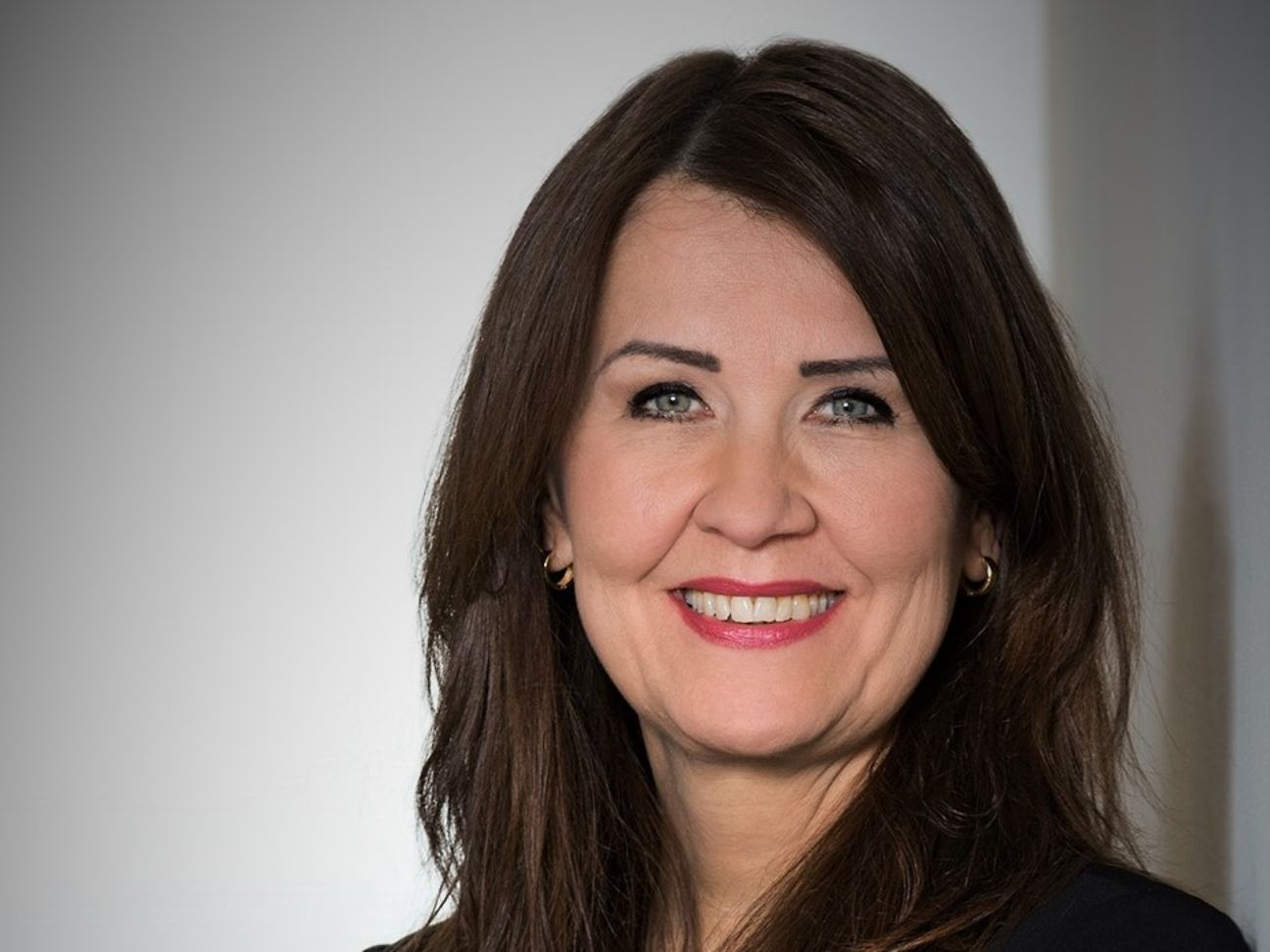

A contribution by Stefanie Kreusel, Group Officer Digital Education and School at Deutsche Telekom.
In Germany, we have massive pent-up demand for digitization - albeit to varying degrees. The Corona Pandemic was the latest example of this. Many companies quickly adapted to the changes. Employees were able to continue working from home after a short period of time. Equipped with a laptop and with access to software and data.
But our education system has been hit with full force. Most schools lacked the essential prerequisites for digital teaching in a virtual classroom. Not only with regard to an Internet connection, hardware such as laptops or tablets, software for digital collaboration and communication or access to learning platforms. Above all, there was a lack of modern pedagogical concepts for digital teaching.
Funding available in abundance
And we have been talking about the possibilities and opportunities of digitization in schools long before the outbreak of the pandemic. With the “DigitalPakt for Schools”, which came into force in May 2019, the breakthrough seemed to have been achieved. The federal and state governments agreed on a jointly financed support package worth EUR 5.5 billion. The aim was to give a boost to the digitization of general education schools. A further billion euros was added this year. This was provided by the federal government for mobile devices and the administration of computer systems.
But money alone is not the key to digital success. There is a lack of pedagogical concepts and know-how in the use of digital technology in the classroom. And there is a lack of digital learning platforms. The latest Pisa study, for example, found that only one in three students in Germany has access to an online learning platform. What do we learn from this? That high budgets for laptops and software for a school without teachers makes as much sense with a concept for digital learning as a Porsche does for a young person without a driver's license.
Technology must follow pedagogy
The teacher shouldn’t be accused of missing the train. Most of them use computers and the Internet to prepare their lessons for a long time. A virtual classroom requires other forms of teaching. So, consultancy and communication are in demand. And that begins with the creation of a so called media development plan. Even here, schools are usually left alone. Although such a plan is a prerequisite for applying for funding. Not to mention a pedagogical concept as the basis for a meaningful use of the purchased hardware and software. Technology must follow pedagogy. And teachers need further training in the pedagogical use of equipment and programs. Also, in the development of suitable learning concepts. Otherwise the most modern technology will become a mere dust catcher.
Digital learning formats are well received by the students. German YouTuber like "Math with Daniel Jung" or the chemist Mai Thi Nguyen-Kim "maiLab" show how it's done. Technology is not the key to implement pedagogical concepts. What matters are creative ideas in combination with classical teacher virtues. This combination helps to teach children and young people complicated subjects. Especially if you are not gathered in a classroom.
Ecosystem for Digital Education
Deutsche Telekom takes its role very seriously, not only as an innovative IT and communications company. We are involved in a whole range of initiatives. We want to make it easier for teachers to get started with and use digital learning concepts. Through Telekom@School, we provide more than 32,000 broadband connections for schools throughout Germany. Together with the federal states, we will continue to drive forward the expansion of broadband infrastructure for schools. We offer to equip schools with laptops, monitors and digital blackboards. We also support with cloud solutions for virtual collaboration, knowledge management and tools such as video conferencing systems.
We are sharing our expertise in digitization - for example with initiatives such as teachtoday or the "Scroller" TV format. We have received the Comenius EduMedia Award for both.
My wish for this challenging time: Let's seize the moment and work together to drive forward the digital transformation of schools. With digital education for everyone, which does not focus on what is technically feasible, but builds on pedagogical concepts for a digital school.

